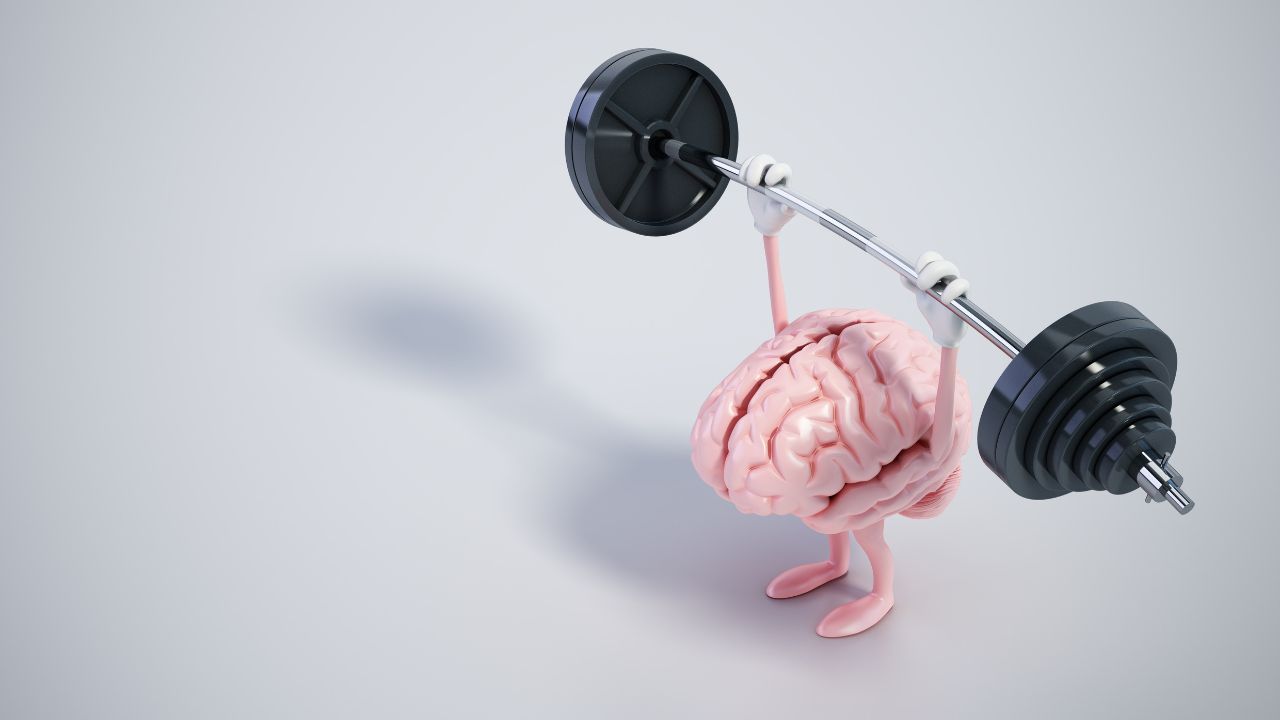
Your Brain, and exercise.
Jun 23, 2023“Not only are bloggers suckers for the remarkable, so are the people who read blogs .” - Seth Godin
There are many good reasons to stay physically active in our lives. Some of these are to avoid heart disease, stroke, type two diabetes. Other reasons would be to relieve depression and anxiety, and maintain a healthy weight.
The other reason to consider exercise is also to keep our brains healthy. Exercise causes actual physical changes in the brain that act as a safeguard against future dementia, and also invigorates our ability to think and reason and remember the here and now. It is clear that our brains receive positive benefits every time we put on our sneakers and partake in physical activity.
It is undeniable that exercise promotes brain health and this is evident on multiple fronts. Exercise is good for heart health and basically what is good for the heart is good for your brain. This would include resistance training and in particular, aerobic exercise. These kinds of training make your heart beat faster and increases blood flow, circulation, and pumps more oxygen and nutrients to the brain.
Exercise in general makes you feel clear headed post exercise and works its magic behind the scenes. By this I mean, it slows down the plaque build-up, deep in your arteries, Plaque is the abnormal build-up of protein fragments, called beta-amyloid, in the spaces between the Alzheimer patient’s nerve cells of the brain. Tangles are an abnormal collection of a protein call tau, which are tangled threads inside the neurons. Both of these are significant to the disease’s progress.
Exercise also stimulates our Neurotransmitters including endorphins, which are a group of hormones that have a number of physiological functions. Endorphins can be looked at as our body's natural painkillers. Serotonin is released and this is a happy hormone. Dopamine is our feel good transmitter and our reward system. Norepinephrine has a lot to do with concentration and attention. These anti-depressant effects of exercise, have been linked to a drop in stress hormones, which is important to us these days with everything going on.
At the same time, exercise stimulates the production of growth hormones. BDNF (Brain derived neurotropic factor) is the key protein, a hormone in your blood, that influences brain cell growth. It prevents the death of existing brain cells and induces the growth of new brain cells (neurogenesis) and supports cognitive functioning (thinking). Low levels of BDNF are linked to Alzheimer’s and accelerated aging as well as obesity, depression and schizophrenia.
Another neurotropic factor is IGF-1 (Insulin globulin factor 1) this is stimulated through resistance training. Both of these hormones promote our neurons abilities to build new connections, and act as a first aid kit for any brain cells in need of repair.
Both aerobics exercise and resistance training have combined effect on improved executive function and memory. Our brain experiences increased plasticity and connectivity, improving our ability to both make, and retain memories. And all the plus exercise keeps our DNA Young. Some studies have shown that exercise has been linked to about nine fewer years of ageing at the cellular level.
So exercise is not only a muscle building, stress busting, endorphin releasing, memory enhancer; it powers up the immune system to regular exercise, turns down inflammation, increasing our defences against a variety of diseases, not the least of which is Alzheimer's.
Stay Active, Stay Informed!
Subscribe now to receive exclusive updates on fitness tailored for older adults. Unlock expert tips, workout routines, and health advice to support your active lifestyle journey.
By submitting this form, you have read and agree to the Terms and Conditions,
Disclaimer, Privacy Policy, and of this page.
